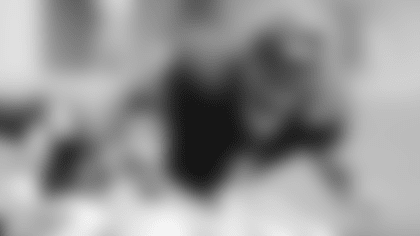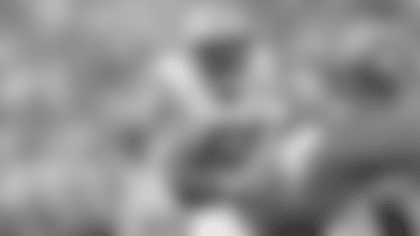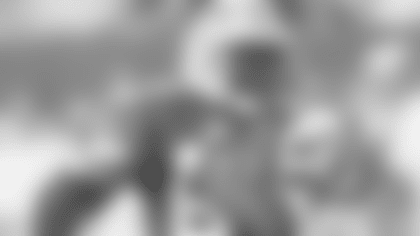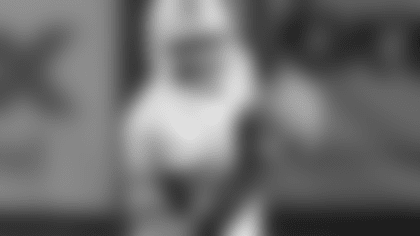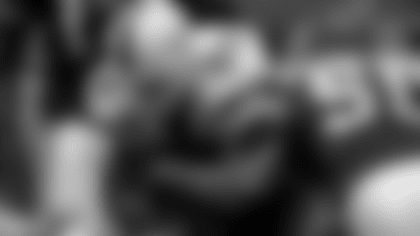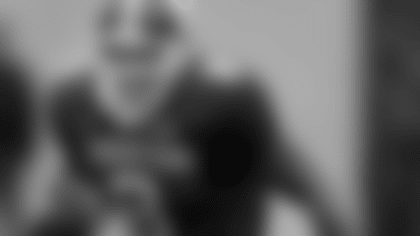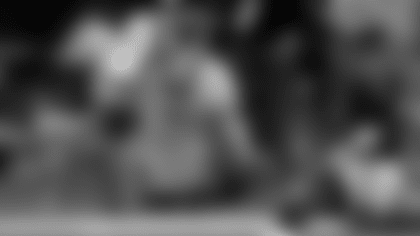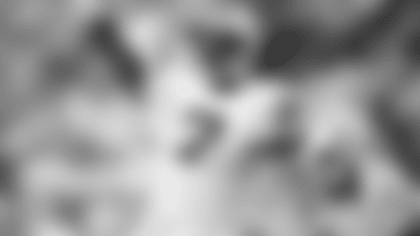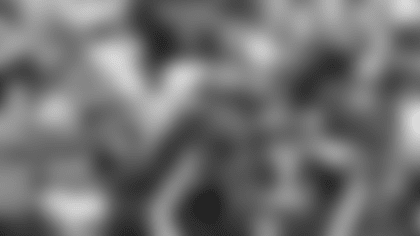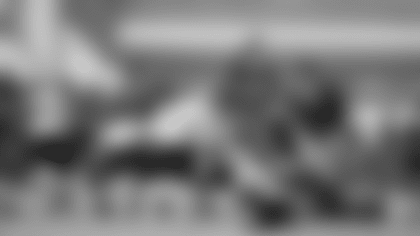The annual NFL owners meetings wrapped up on March 20 and despite some talk of various changes, little wound up being resolved. The major issued discussed in Orlando, Fla., was the possibility of flexible television scheduling for ABC with its Monday night lineup.
Commissioner Paul Tagliabue proposed that the final four weeks of games would be left unnamed until later in the season when ABC could pick its "game of the week" to broadcast in an effort to resurrect recent slumping ratings. But he failed to run this proposal by CBS and FOX executives first and both balked at the idea of facing the possibility of losing potential big-rating matchups in December. The idea will not be used in 2002, but the subject will be broached once again in May when the owners meet again in Houston.
Similar results met a few other proposals. There remains a groundswell of support for playing the 2007 Super Bowl (the first year without a site already set) in an open-air stadium in either New York or Washington. The idea was discussed but the owners could not agree and will revisit the topic in Houston.
Among the rule changes the league discussed for the upcoming season, the one that received the most headlines involved the so-called "tuck rule." Patriots fans will forever thank the football gods for this particular one as it in essence saved New England's season during the famous incomplete pass/fumble by Tom Brady late in the playoff win in the snow over Oakland.
The competition committee, which is co-chaired by Tampa Bay General Manager Rich McKay and Tennessee Head Coach Jeff Fisher, was split on the idea of re-working it in some way. Fisher is in favor of changing it while McKay likes things the way they are.
"I watched the game live and thought it was a fumble," Fisher said at the meetings. "Once I saw the replay, I could see that it was going to be ruled an incompletion." That's because the ruling by Walt Coleman, through instant replay, was correct. By letter of the law, Brady had not completely "tucked" the ball back to his body despite the fact that he was not making a throwing motion. Making a change to the language would allow the official the latitude to rule the play a fumble once the continuous motion of the passer stops.
The problem, according to McKay and others against the change, is that making such an alteration could create a gray area for the referee. The current rule is black and white — if the ball isn't tucked, it's an incomplete pass. Changing it would allow for some interpretation.
"That rule has always been there," McKay said. "The league has always favored loss of down over loss of ball."
Mike Pereira, director of officials for the NFL, agrees with McKay. "There is going to be some discussion about changing the rule, but I think what they're trying to do will make it more difficult to call than it is now," Pereira said. "If they change it the way some would like, making it more of a judgment call for the referee than ever before, then you are going to see a lot more fumbles called on that play. I don't think any of us want to see more fumbles in the game."
Since there was no resolution to the discussion, the NFL tabled any changes in the rule to give all 32 teams a chance to study tapes of a variety of plays involving balls being knocked loose from quarterbacks. It could be added to the list of items discussed in May, but it seems unlikely to be changed soon.
The teams did approve eight proposed rule changes, most which were minor. Among them were preventing the home team from piping in loud music through the public address system when a visiting team breaks a huddle before a play, giving the quarterback more protection from helmet-to-helmet hits, not starting the clock on kickoffs throughout the game until the ball is touched by the receiving team and keeping the clock running during the last two minutes in the event of a quarterback sack.
However, a proposal to give the receiving team the ball on a botched onside kick was turned down in favor of letting the kicking team try again from 5 yards back. McKay, who was in favor of the change, said the reason was that onside kicks "are among the most exciting plays in the game."






